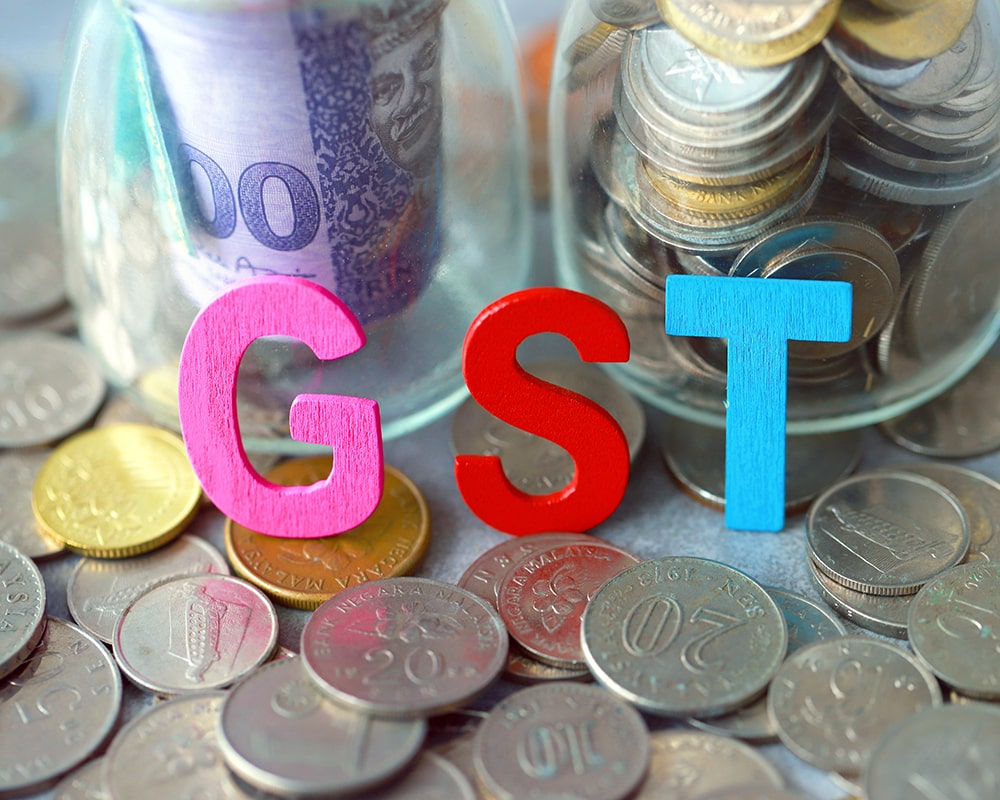


August 21, 2017 Durgesh Verma Business ,
In 2017, there are expected major changes in tax policies and procedures in India. The Government of India has implemented GST in 2017. A GST council comprising of state and central government ministers is overseeing its execution. GST implementation is expected to present numerous benefits including opening interstate markets, boosting investment and well as reducing the price of commodities.
The Goods and Services Tax (GST) Bill that was passed on earlier in 2017 in India and brings about significant changes in the way business is conducted in India. One of the benefits expected with implementing this GST bill is a reduction in the overall tax paid by businesses. In preparation to become GST compliant, businesses have geared up to the changes by training their teams and developing IT systems that support GST compliance.
The GST bill once fully integrated is expected to eliminate most of the indirect taxes. Some of the taxes that will be eliminated include:
Once fully implemented, GST will significantly lower the total tax levied on businesses and manufacturers hence increasing their profit margin. The reduction of indirect taxes will also enable a more transparent and efficient economy. It has removed tax barriers among different states and facilitates the creation of one market. A reduction in tax costs will consequently lower the final price of products to customers making commodities affordable. GST is expected to drop the cost of capital goods promoting investment.
The following are the characteristics of GST:
The Indian government is committed to see a full implementation of GST in 2017. Businesses and taxpayers therefore have already put measures and processes to enable them to be GST compliant. Stakeholders with a clear understanding of the GST policy development have created time bound action plan and a well prepared transition map.


Hello, I am Aria!
Would you like to know anything in particular? I am happy to assist you.